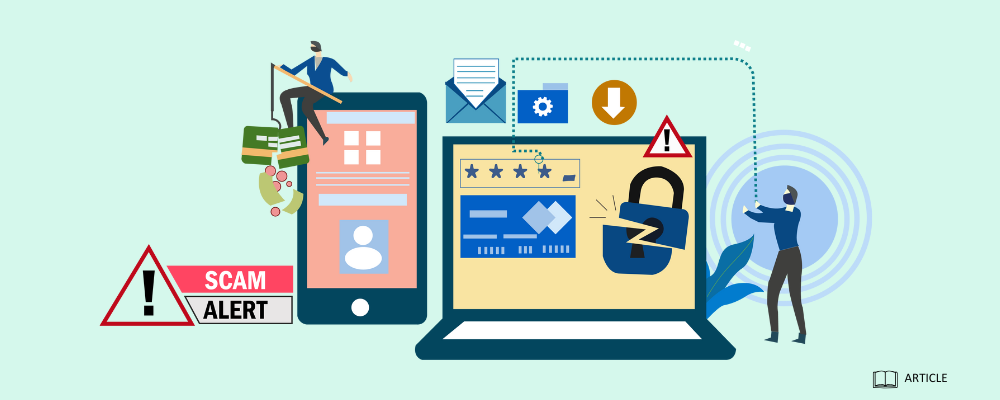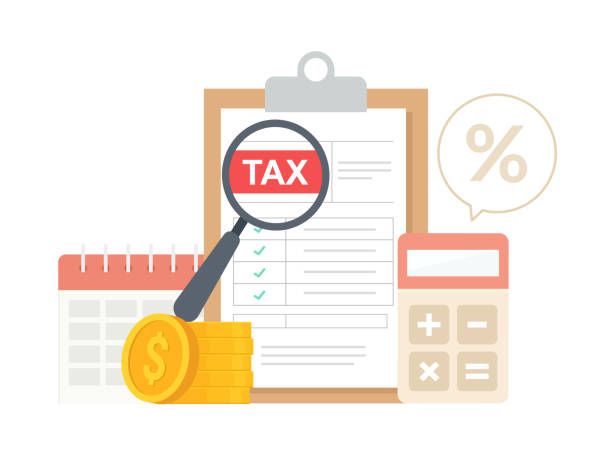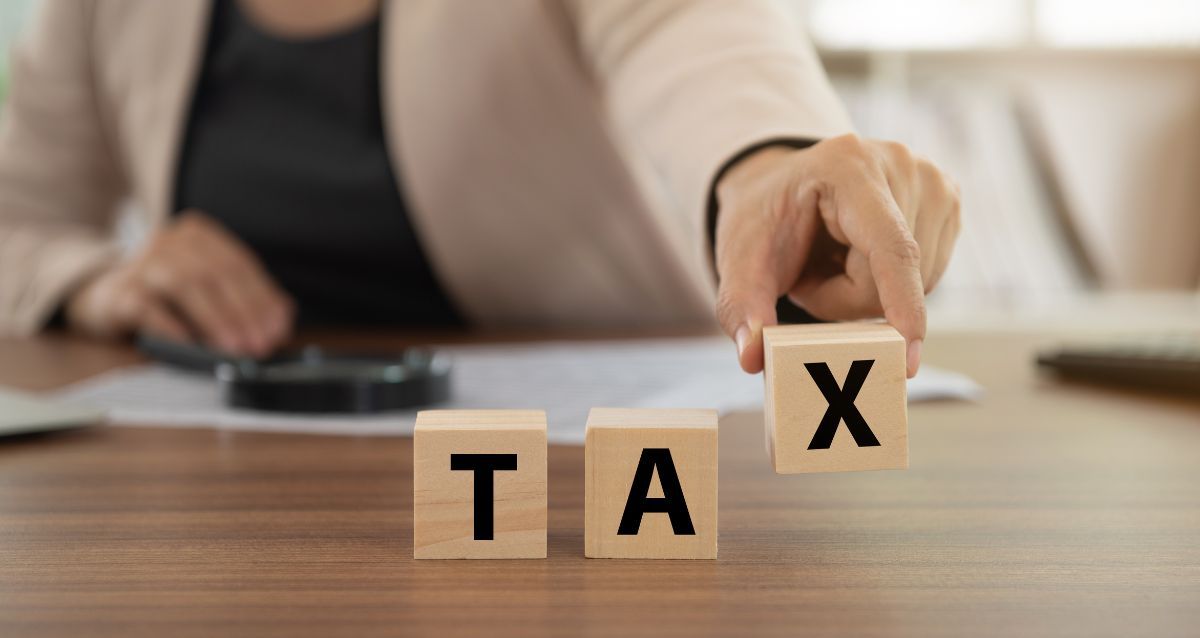What to do if you have been scammed
Nearly $1.8 billion in losses due to scams were reported last year, due to the fact that only about one-third of victims report this to anyone. It is estimated that this figure is actually in excess of $2 million.
So this begs the question, what should you do if you have been scammed?
You will want to act as quickly as possible to avoid losing any more money. If you have been scammed:
- Don’t send any more money. Block all contact from the scammer.
- Contact your bank or financial institution immediately to report the scam. Ask them to stop any transactions.
- Warn your family and friends about the scam, so they can watch out for potential follow-up scams.
If you’ve paid a scammer in any of these ways, here’s what to do:
- Credit/debit card – Contact your bank or card provider immediately to report the scam. Ask them to stop any transactions.
- Gift card – Report it to the company that issued the card.
- Wire transfer – Report it to the wire transfer company or bank that you used.
- Money transfer app – Report it to the app provider (the seller or developer, not the app store).
- Crypto – Report it to the platform or company you used to send the money. Cryptocurrency may not be recoverable.
- Cash – If you sent by mail or delivery service, contact Australia Post or the delivery service used to see if they can intercept the package.
- Unauthorised transfer – If a scammer has transferred money without your approval, report it to your bank straight away. Ask them to freeze your accounts and transactions.
If a scammer has your personal information
For example, if your personal details (like name, phone, email, address, and identity documents) have been leaked in a data breach. Here’s what to do:
- Report the data breach to your financial institutions – Let your bank, super fund, and any other financial services know.
- Contact IDCARE – Call 1800 595 160 (Monday to Friday, 8 am–5 pm). They can help you make a plan (for free) to limit the damage.
- Create a new, stronger password – Make sure you haven’t used it before. If you’ve used the leaked password anywhere else, update it there too.
- Watch out for suspicious contact – Look for suspicious emails, phone calls, texts or messages through social media. Block or don’t answer anyone you don’t know. Don’t click on any links.
- Monitor your bank account – Keep a close watch on your bank account for any unauthorised transactions.
- Monitor your credit report – Request a temporary ban on your credit report to ensure no unauthorised loans or credit applications can be made.
If a scammer has accessed your computer or phone
For example, a scammer pretends to be from your internet or phone provider. They say you have a technical problem and ask for access to your device. Then they infect it with a virus, to steal your passwords and financial information. Here’s what to do:
- If they accessed your computer – Update your security software and run a scan for viruses. Delete anything identified as a problem and reset your passwords.
- If they accessed your phone or phone account – Report it to your phone provider. Update your security software and run a scan for viruses. Change your passwords or pins, block scam calls, and consider changing your phone number.
You could also get an IT professional to check your devices in person.
Additional information/assistance can be found at:
www.moneysmart.gov.au – What to do if you have been scammed, how to report scams & get support
idcare.ord – Helps individuals affected by identity theft and cybercrime
Scamwatch.gov.au – Information for consumers and small businesses about how to recognise, avoid and report scams.
The post What to do if you have been scammed appeared first on Green Taylor Partners.
More GTP Articles






